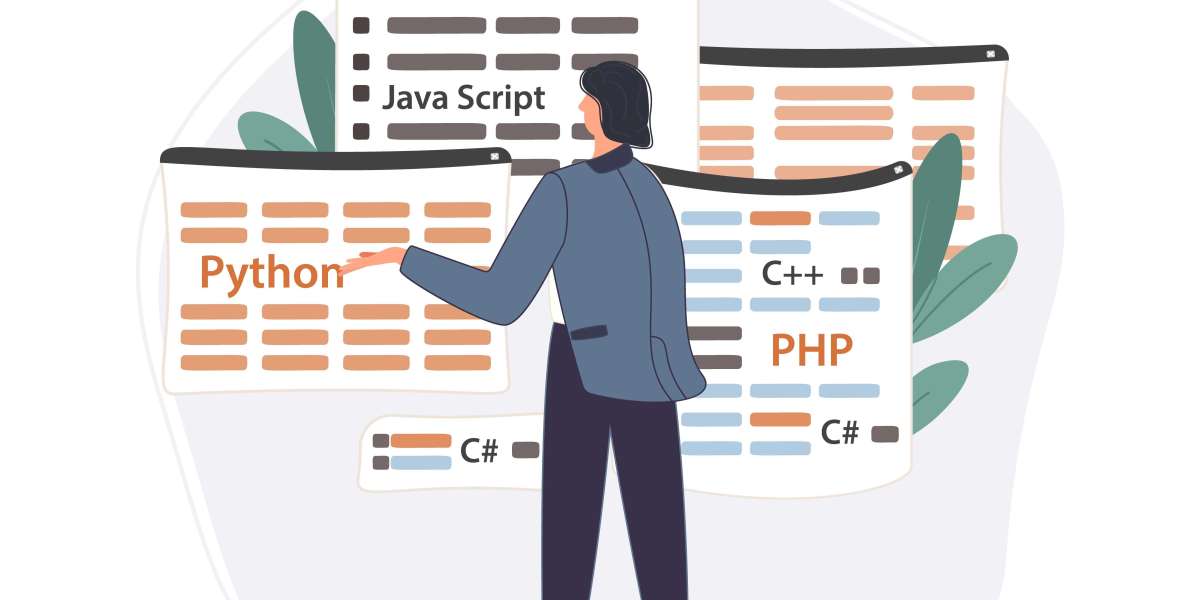Introduction
Understanding these differences is crucial for developers when deciding which language to use for their projects. In this article, we will compare Java and Python and highlight their key differences in terms of syntax, performance, application, tools, community, and support. By the end of this article, readers will have a better understanding of the strengths and weaknesses of each language and be able to make informed decisions when choosing between Java and Python for their projects.
Overview of Java and Python
Java is a compiled language, which means that code is compiled into byte code that can be executed by the JVM. Java is widely used for developing enterprise applications, Android mobile apps, and large-scale web applications.
Python, on the other hand, is a high-level programming language that was first released in 1991 by Guido van Rossum. It is known for its simplicity and ease of use, which makes it a popular language among beginner programmers. Python is an interpreted language, which means that code is executed line by line by the Python interpreter. Python is widely used for data science, machine learning, web development, and scientific computing.
While both Java and Python are widely used and have large communities, they differ significantly in terms of syntax, performance, and application. When deciding which language to use for your project, it's important to consider factors such as your project's specific needs, available libraries and tools, and the expertise of your chosen Java or Python development company.
Syntax Differences
Java uses a curly brace syntax, where blocks of code are enclosed in curly braces {}. Semicolons; are used to separate statements and variable types are explicitly declared. Java also uses static typing, which means that variable types are checked at compile time.
Python, on the other hand, uses a whitespace-sensitive syntax, where blocks of code are defined by indentation. There are no semicolons in Python, and variable types are not explicitly declared. Python uses dynamic typing, which means that variable types are checked at runtime.
Java and Python also differ in their approach to functions. In Java, functions are declared within classes and must be called using an object instance of that class. In Python, functions can be defined outside of classes and can be called without an object instance.
Overall, Python syntax is generally considered to be more concise and easier to read, while Java syntax is more verbose and strict. However, some developers prefer Java's strict syntax for its clarity and maintainability.
Performance Differences
Java is known for its speed and performance, as it compiles code into bytecode that can be executed directly by the JVM. This means that Java programs can run faster and use less memory than interpreted languages like Python. Additionally, Java has built-in support for multithreading, which allows programs to take advantage of multiple CPUs and perform tasks in parallel.
Python, on the other hand, is an interpreted language, which means that code is executed line by line by the Python interpreter. While Python is known for its ease of use and readability, it can be slower than compiled languages like Java. However, Python has several libraries and frameworks that are optimized for performance, such as NumPy and TensorFlow, which allow it to be used for high-performance computing and machine learning applications.
Overall, Java is generally considered to be faster and more performant than Python, especially for large-scale enterprise applications that require high levels of speed and performance. However, Python's performance is often sufficient for many applications and can be improved with the use of specialized libraries and frameworks.
Tools and Libraries
Java has a wide range of tools for developing enterprise applications, such as Spring, Hibernate, and Struts. It also has a large number of libraries for data analysis and machine learning, such as Apache Mahout and Weka.
Python, on the other hand, is known for its extensive libraries for scientific computing, data analysis, and machine learning, such as NumPy, Pandas, and Scikit-learn. Python also has several web frameworks, such as Django and Flask, that make it easy to develop web applications.
Both Java and Python have strong communities and support, with many resources available online, such as forums, tutorials, and documentation.
Overall, while Java and Python have different strengths in terms of their libraries and tools, they both have large and active communities that are constantly developing and improving tools and libraries to meet the needs of developers.
Conclusion
In conclusion, Java and Python are both powerful and widely used programming languages, each with its own strengths and weaknesses.
Java is known for its speed, performance, and strict syntax, making it a popular choice for enterprise applications and large-scale projects. On the other hand, Python is known for its ease of use, readability, and extensive libraries for scientific computing, data analysis, and machine learning.
Ultimately, the choice between Java and Python depends on the specific needs and requirements of the project. Developers should consider factors such as performance, syntax, and available libraries and tools when deciding which language to use.
Regardless of the choice, both Java and Python have large and active communities that are constantly developing and improving tools and libraries to meet the needs of developers. If you're looking for a Python software development company to help you leverage the power of Java or Python for your next project, you can be assured that there are plenty of experienced and skilled professionals in the industry who can help you achieve your goals.








